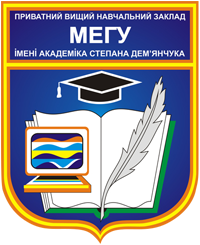
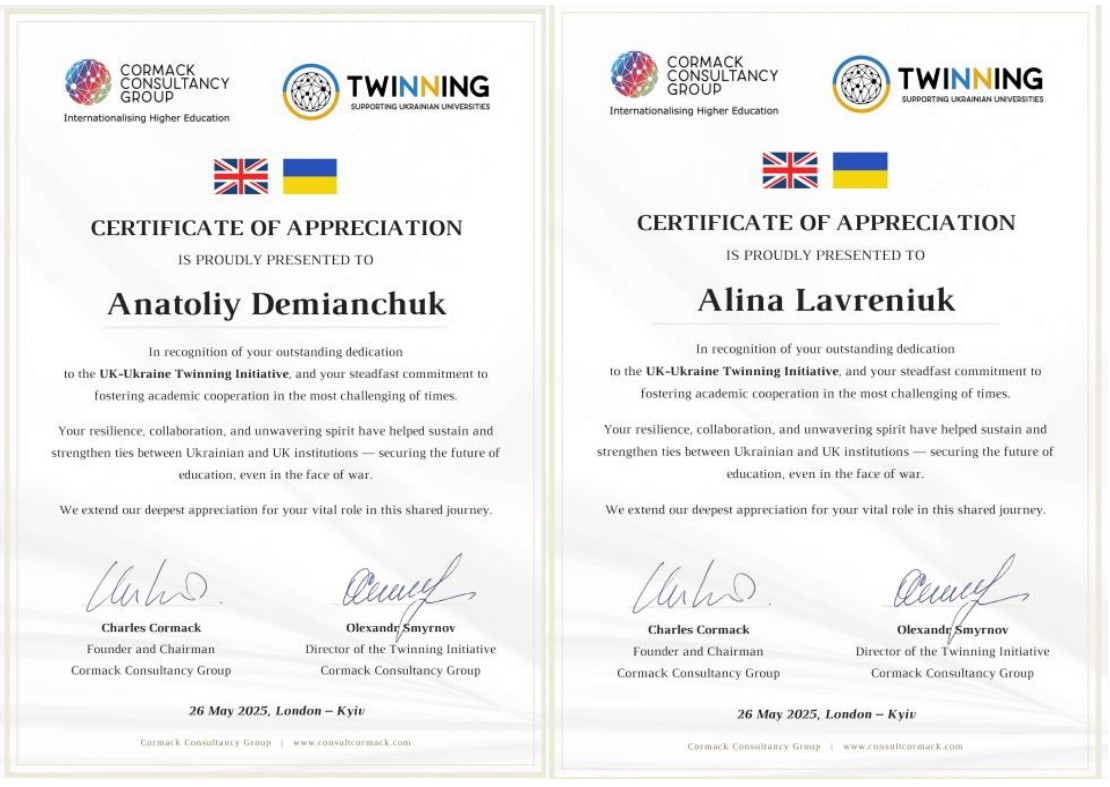
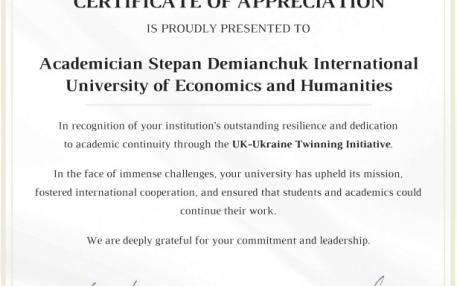

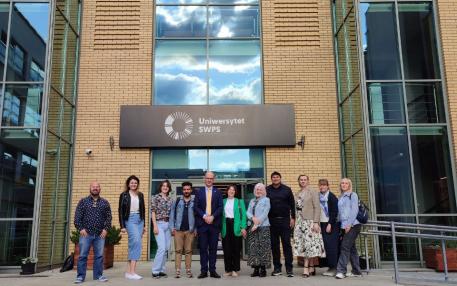
On June 17-18, 2025, a delegation from Academician Stepan Demianchuk International University of Economics and Humanities made a working visit to WSPS University (Warsaw, Poland) to participate in a workshop with Ukrainian and British partners. The working group included Vice-Rector for Academic Affairs and Quality of Education Viktoriia Artiushok, Head of the International and Project Department Alina Kruhliak, and Head of the Department of Romance and Germanic Philology Iryna Budz.
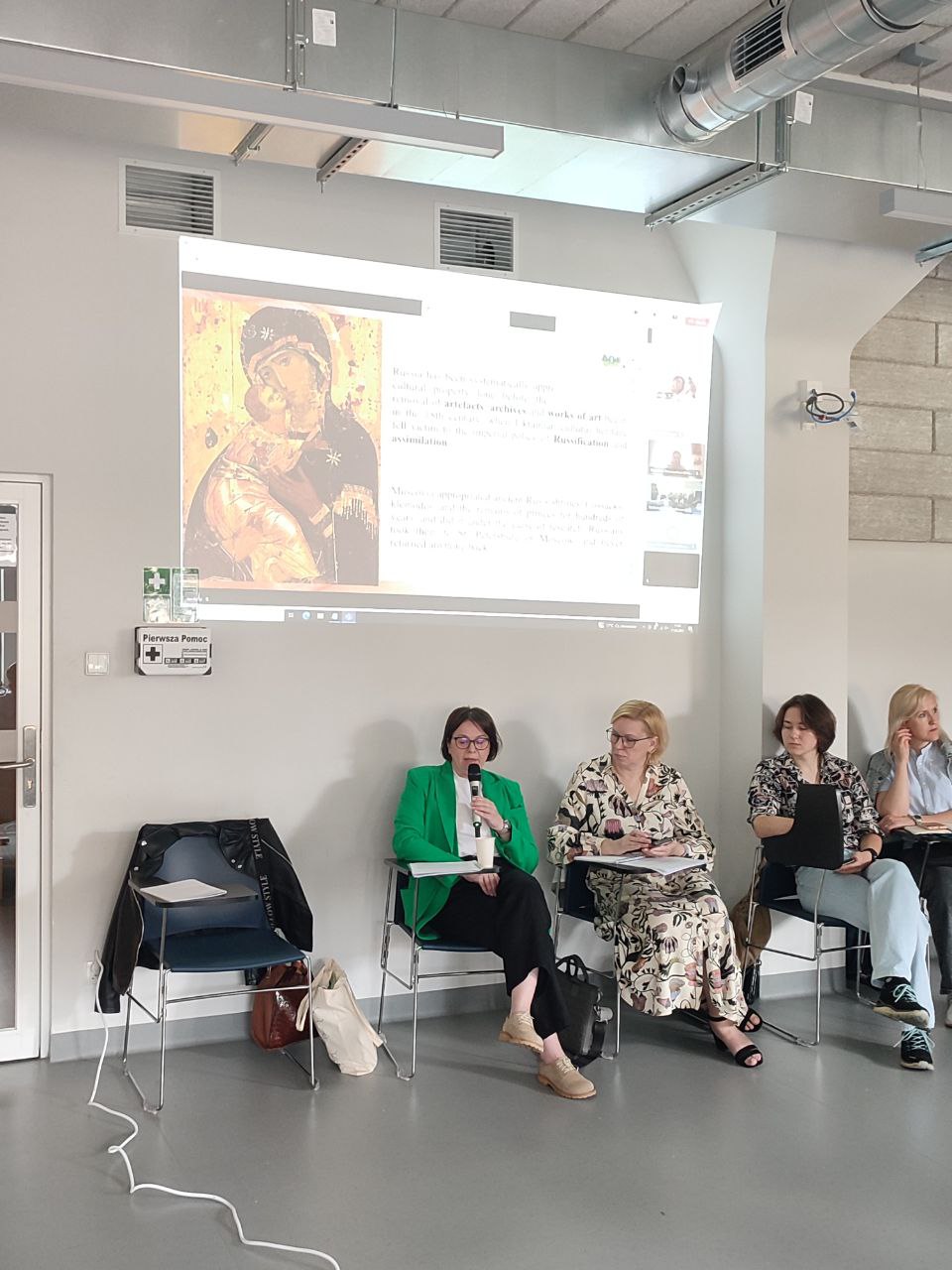
The workshop was led by Ian Gadd, Head of the Development for European Projects at Bath Spa University (UK), and was attended by scholars and project management experts from Academician Stepan Demianchuk International University of Economics and Humanities, Yurii Fedkovych National University in Chernivtsi, and Kyiv School of Economics.
During the meeting, the scientists reported on the results of the preparation of a joint report as part of the Pump Priming Collaboration grant project.
During the meeting, the scientists also discussed the stages of preparation for participation in the new project, analysed the key areas of cooperation, the structure of the future consortium, and agreed on the main tasks, expected results, and distribution of roles within the project.
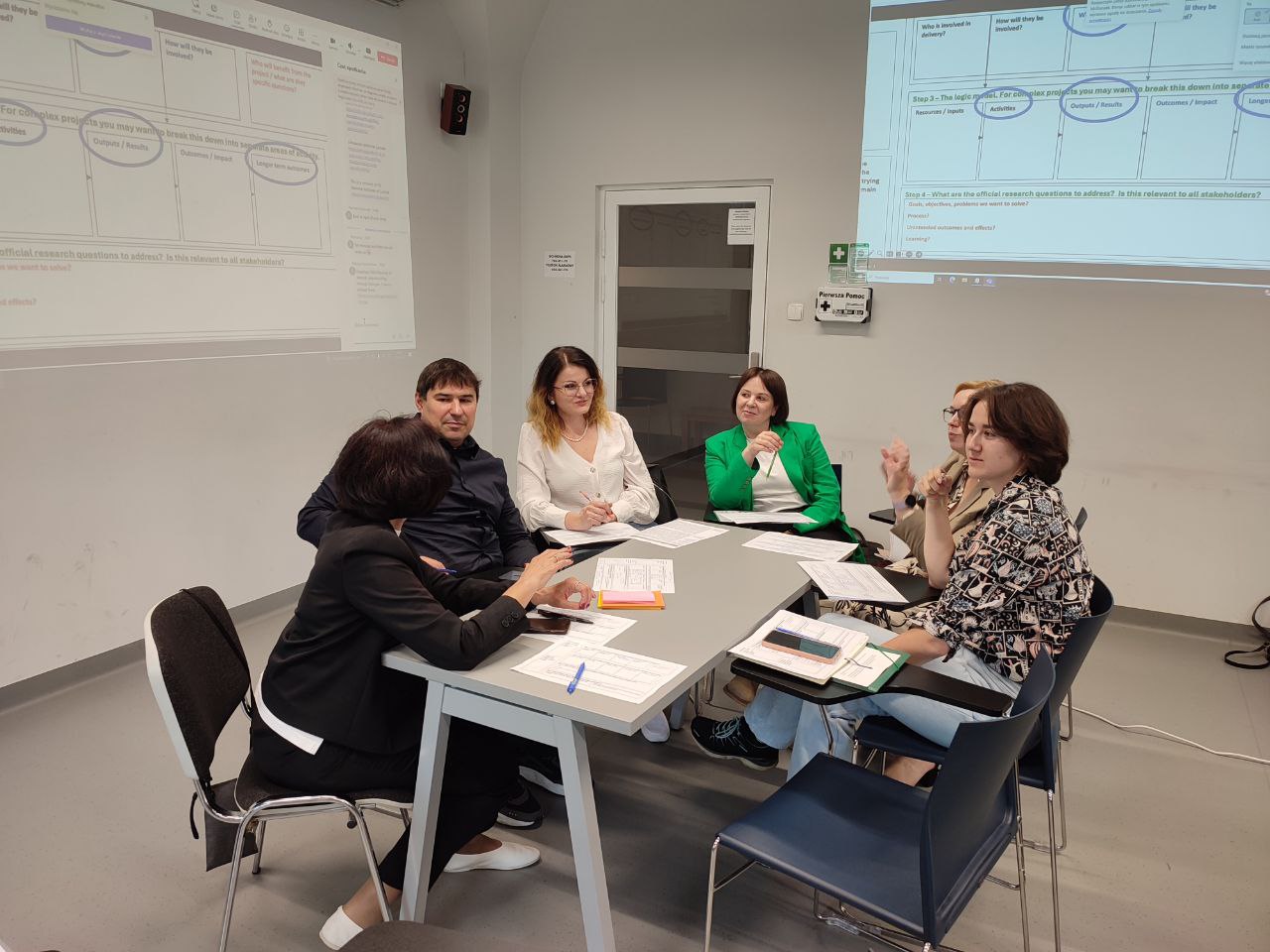
Participation in such international initiatives opens up new opportunities for Ukrainian scientists and institutions, helps to strengthen partnerships and ensures integration into the pan-European research space.
We thank our partners for fruitful cooperation and constructive dialogue. The active phase of preparing a joint application is ahead, which will be a significant step towards the implementation of an innovative project at the European level.
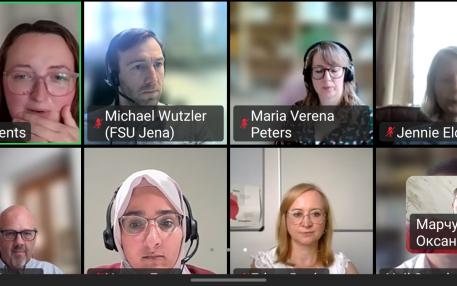
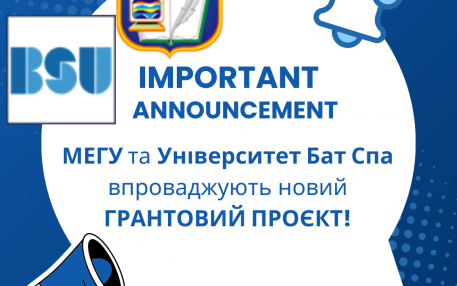
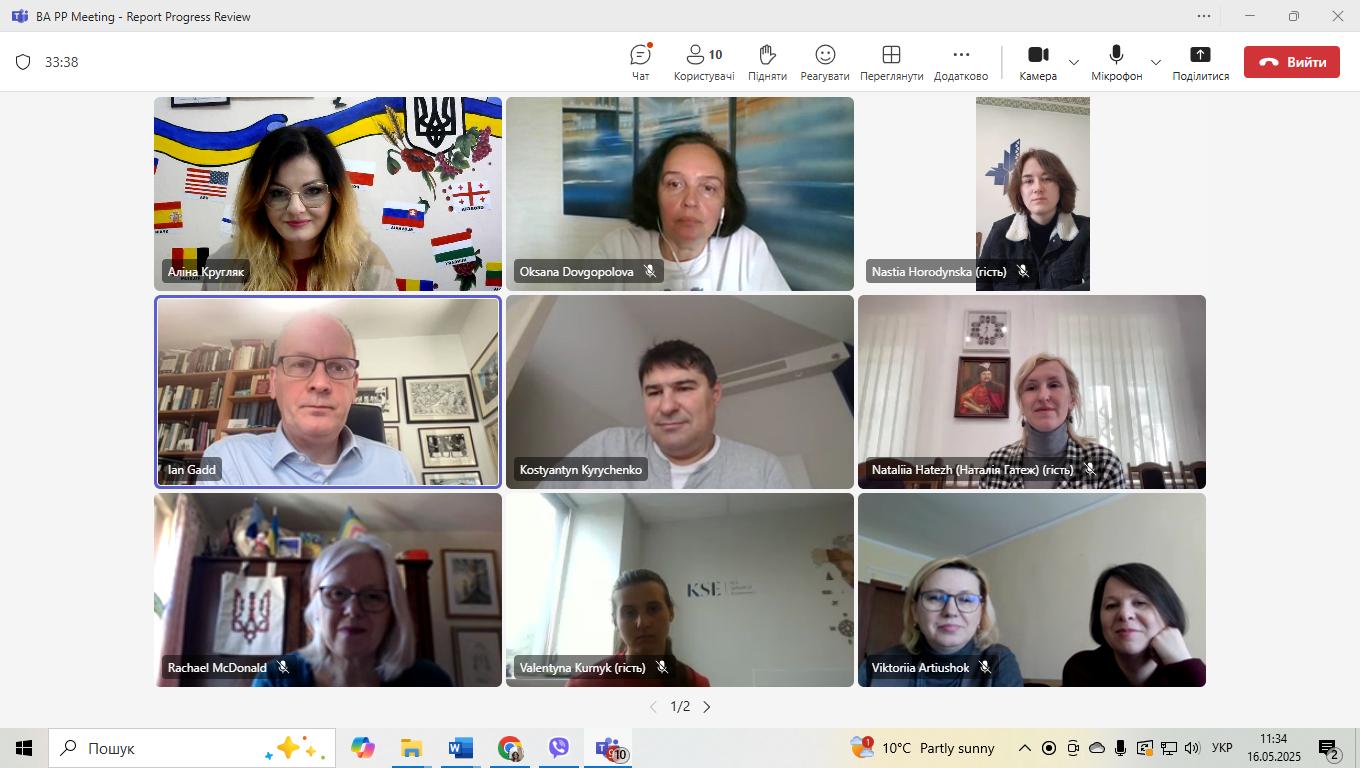
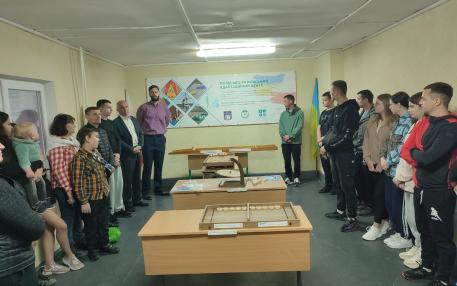
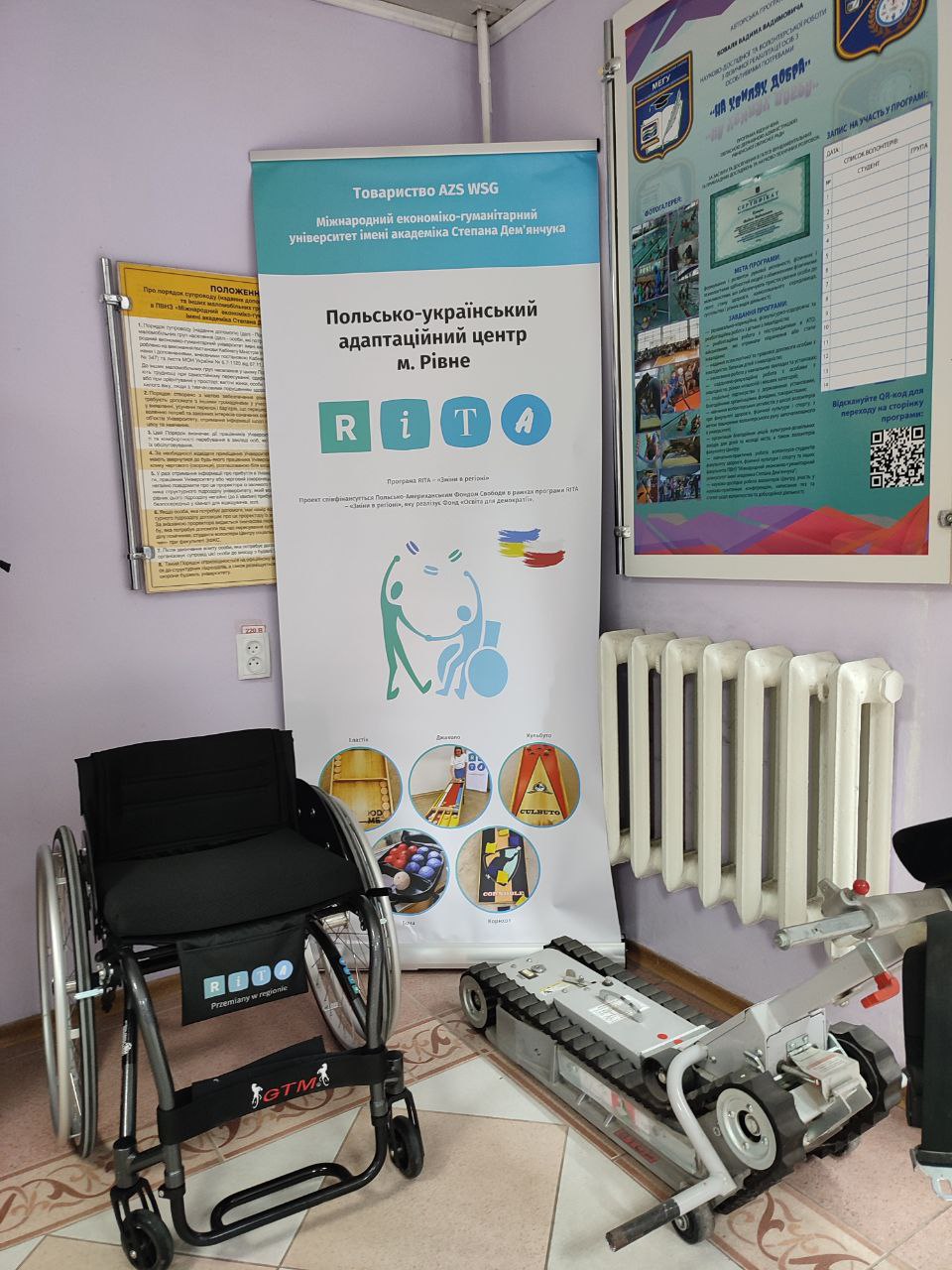
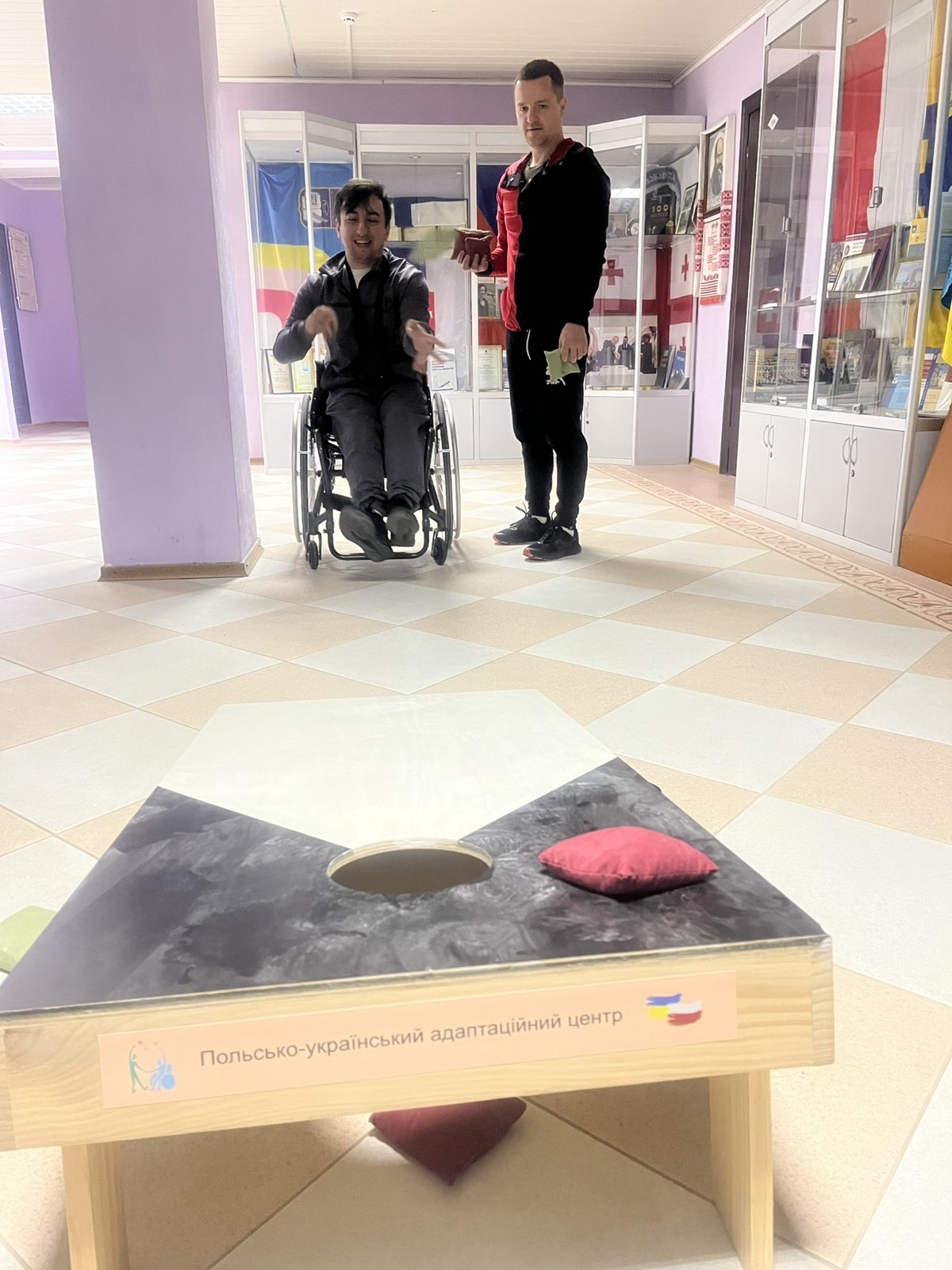
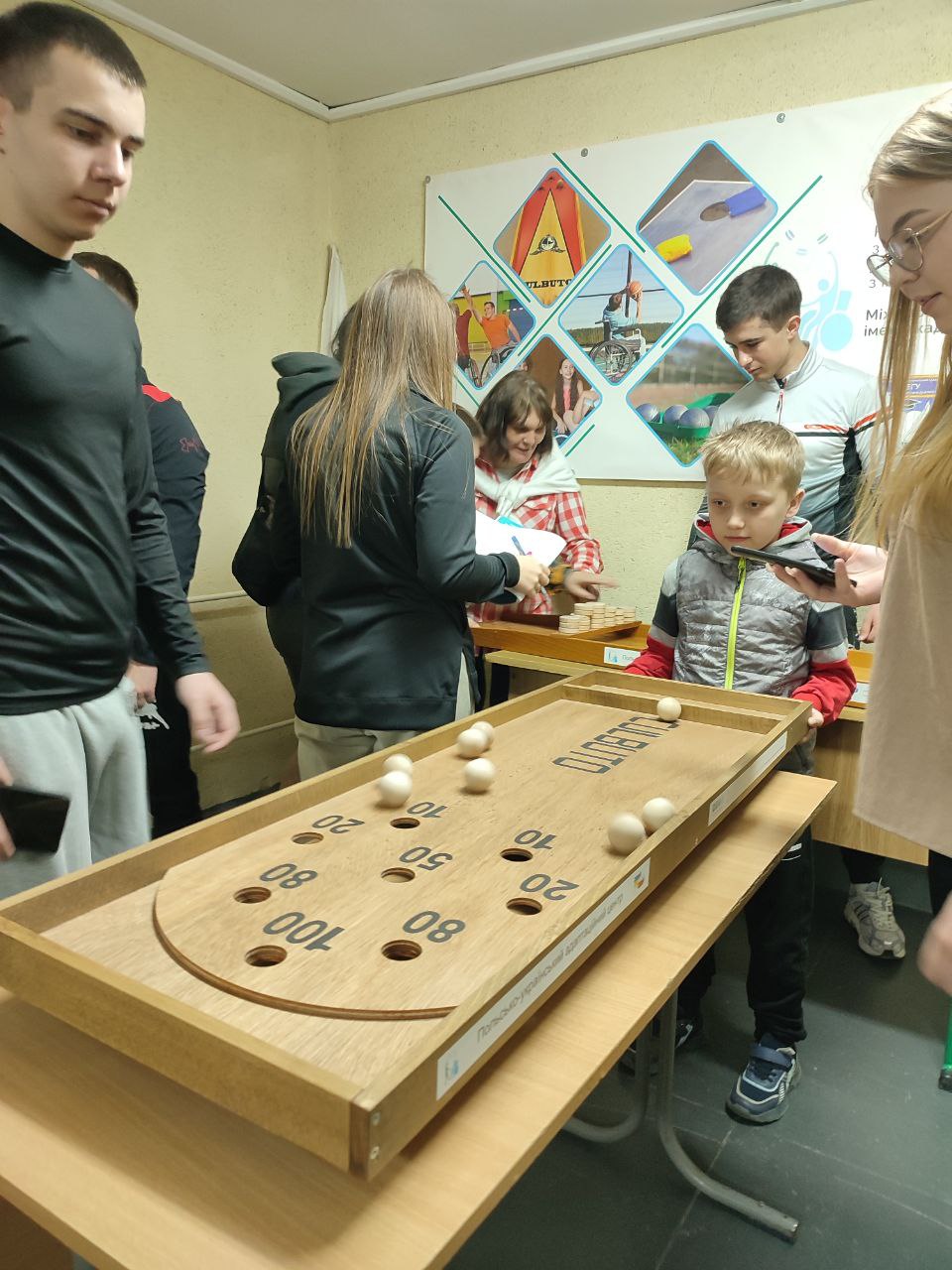

On April 29, 2025, the XIX International Public Pupils’ Readings “I Vote for Peace” took place at our University.
This year marks the twenty-ninth anniversary of their founding. of Sciences, Academician Stepan Yakymovych Demianchuk. A talented scientist and a passionate patriot of our country, he considered the idea of peace to be one of the most pressing problems facing humanity, and, accordingly, the main goal of the public student readings held annually at our university is to educate students in the spirit of peace.
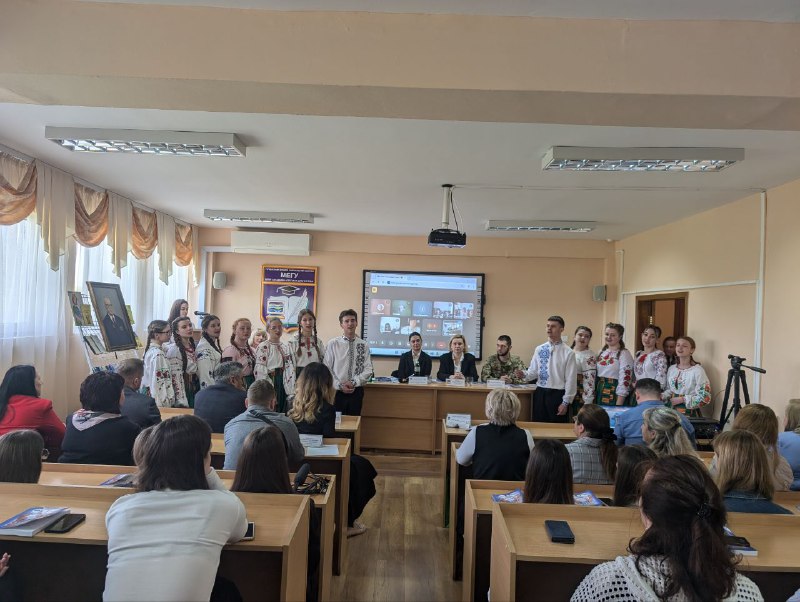
The coordinator and organizer of the readings is the Head of the Department of General Pedagogy and Preschool Education Liliia Melnychuk.
At the plenary session, the participants of the readings were greeted by honored guests, including our partners from the Bath Spa University (UK). Andrii Korniuk, junior sergeant of the communication group of the Rivne Regional Training and Development Center, joined the plenary session.
The university administration, represented by Rector Vitalii Demianchuk and Vice-Rector for Organizational and Educational Work, Social Affairs and University Development Nataliia Ternovyk, expressed their gratitude to the students for participating in the readings and promoting peacekeeping ideas among children and youth.
Associate Professor of the Department of Geography and Tourism Rostyslav Shykula, who is now an officer in the tank forces and is defending our land from the Russian enemy, expressed his gratitude to the young patriots for the peacekeeping position expressed in their works in a video message.
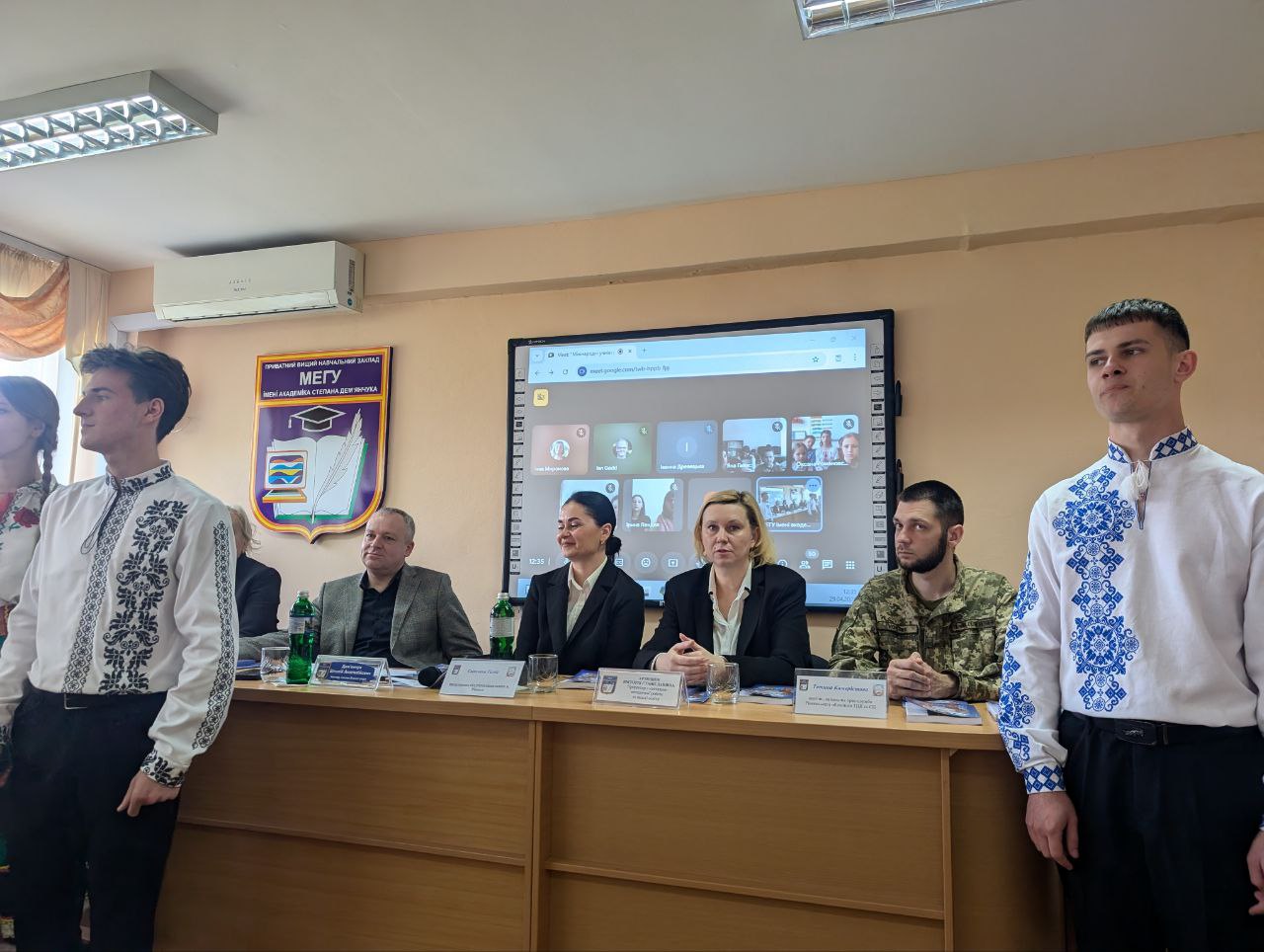
Professor John Strachan, Pro-Vice-Chancellor for Research and Enterprise at Bath Spa University, said:
"I want to express my deep admiration for all of you at Academician Stepan Demianchuk International University of Economics and Humanities for your commitment to peace, education and international partnership, particularly in these challenging times. Here in the UK, we stand in solidarity with you as friends and colleagues in Ukraine, and we are proud to support initiatives that champion peace, dialogue and hope for the future."
Professor Ian Gadd, Head for Development of European Projects at the Bath Spa University, added:
"We recognize the importance of this event for everyone involved and thank IUEH for organizing this event so well every year. These are grim times and it is difficult to find the right words. We will stand with you, our Ukrainian friends, to help to find the words you need: to tell of your grief and sorrow, to declare your unyielding strength and our unstinting solidarity, and to proclaim that Ukraine will once again be free, sovereign, and at peace”
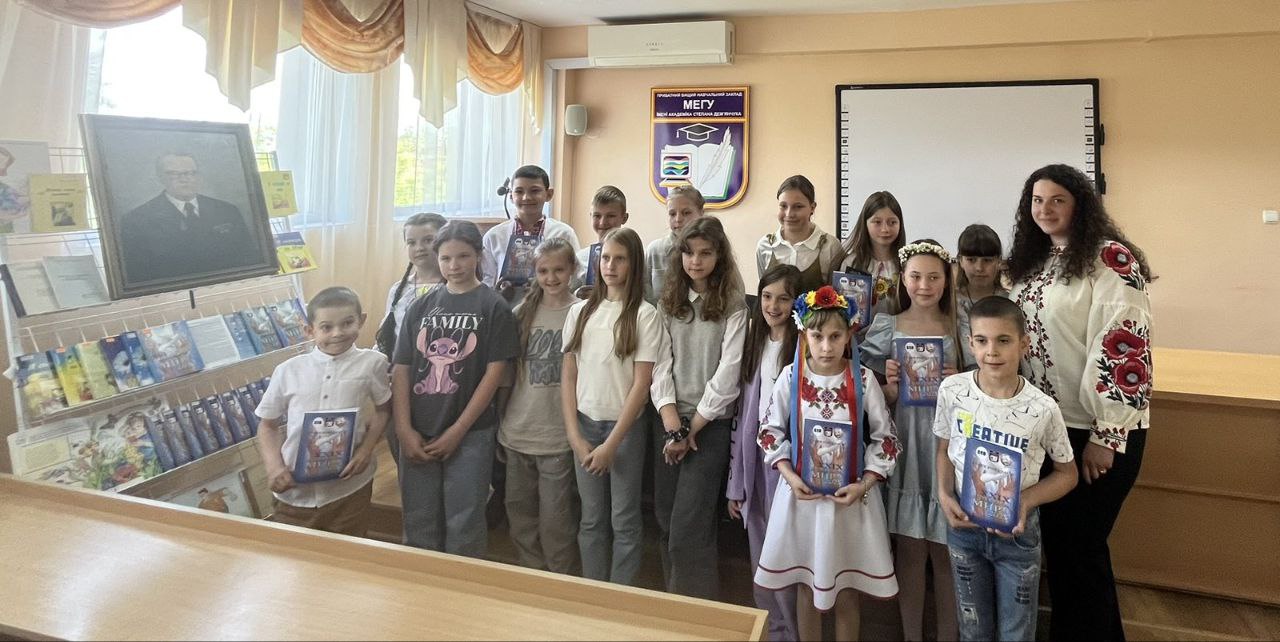
This year's readings were attended by a record number of participants - 255 students representing 59 general secondary education institutions from different regions of Ukraine. The collection of the XXIX International Public Pupils’ Readings “I Vote for Peace” includes words of support and condolences from the international community (Great Britain, Ireland, Turkey).
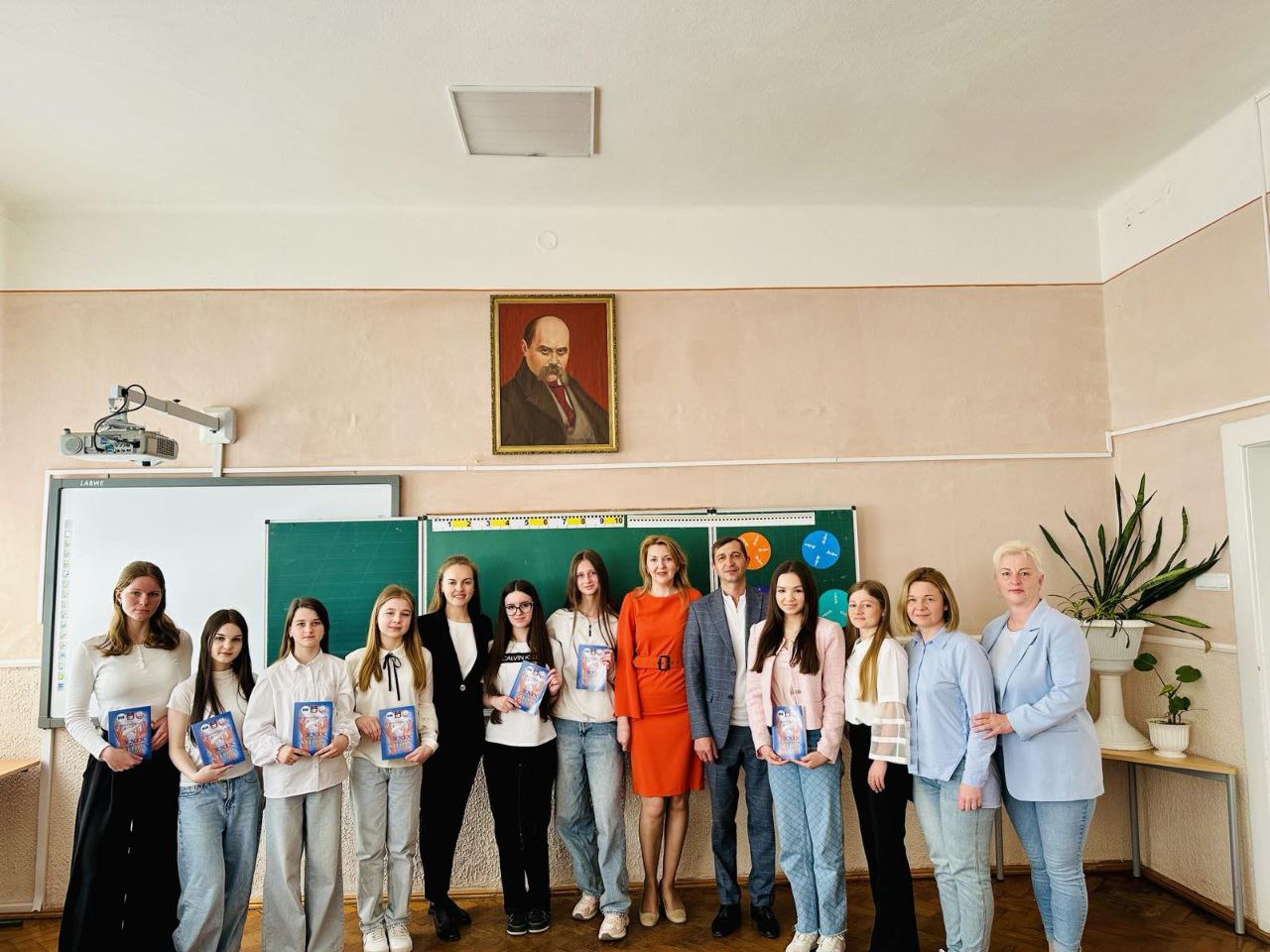
The youngest students of preschool education also joined the readings by preparing creative works on the issue of peace preservation for the exhibition
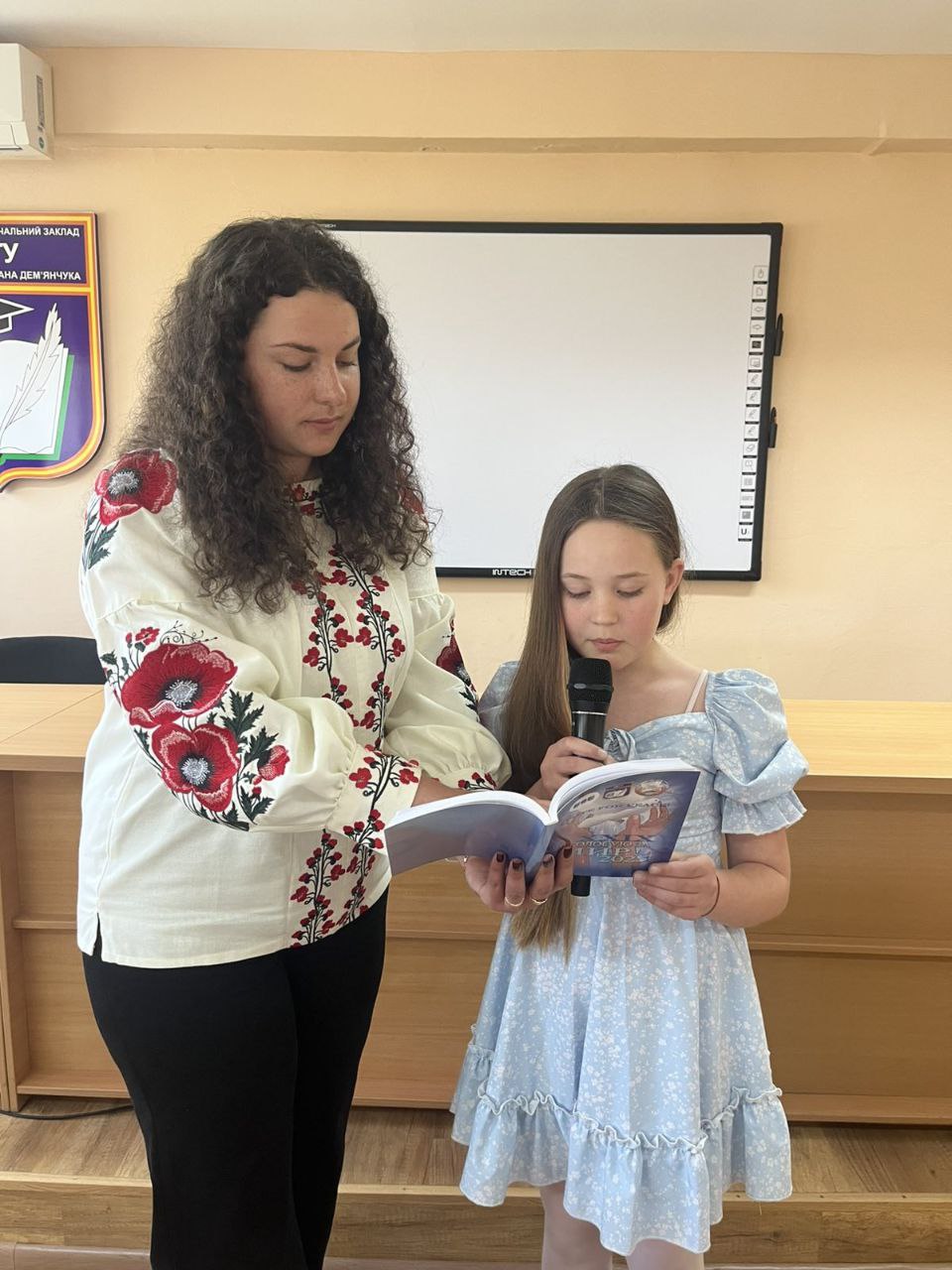
For the third year in a row, this year's readings are part of the project “I Vote for Peace: Cooperation and Compassion in Time of War,” which is being implemented jointly with the Bath Spa University with the support of Research England and the UK for Research and Innovation.